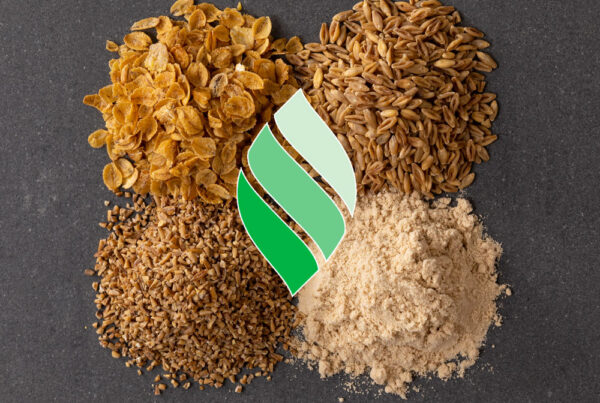If you’re thinking it’s some sort of yoga or gymnastics inspired diet – rest easy. There’s no requirement for leotards or being able to touch your toes when it comes to the flexitarian eating philosophy.
What is a flexitarian diet?
Ever thought about becoming vegetarian, or vegan, but felt like you couldn’t commit? A flexitarian diet may be just what you’re looking for. Largely plant based, the flexitarian diet also permits small amounts of meat and animal by-products such as dairy. Consider it the best of both worlds! You’ll aim to source most of your nutrients from plant sources when you’re following a flexitarian diet, but you can include animal products in your diet from time to time.
What are the benefits of the flexitarian diet?
There are plenty of benefits when it comes to the flexitarian diet – but the most obvious one is that it’s easy to stick to. There are no restrictions, no hard and fast rules – you simply eat a largely plant based diet, and add in some animal products if, or when, you feel like them. It can also be easier when navigating socialising, or balancing different meal preferences if you’re cooking for a family.
The flexitarian diet can also be highly beneficial when it comes to the purse strings. There are a huge selection of plant-based foods that rich in fibre and protein, that are generally much more cost effective than eating meat or seafood every day. Get creative by using lentils and mushrooms instead of mince in your Spaghetti Bolognese – or use mixed beans in your tacos. Portobello mushrooms are great on the grill instead of a steak. The only limit is your imagination – so do your best to keep it interesting. You may find yourself with some whole new family favourite meals before too long!
There are also considerable health benefits that can be associated with reducing animal product consumption, and increasing your intake of plant-based foods. In particular, by reducing the amount of meat you’re consuming, you can lower your risk of serious health concerns such as cardiovascular disease, diabetes and cancer (particularly colo-rectal cancer). On the flip side of the coin, increasing your intake of fruit, vegetables, nut and wholegrains is also known to be an effective way to reduce your risk factors of developing these lifestyle concerns. Consider it a win – win.
It’s so easy to make the flexitarian diet work for you. Tailor it to your preferences, to your lifestyle, to your budget – and make it your own.
Intended as general advice only. Consult your health care provider to discuss any specific concerns.
Intended as general advice only. Consult your health care professional to discuss any specific concerns.




